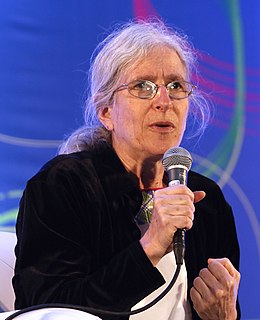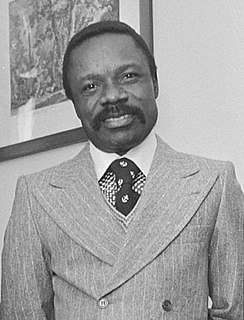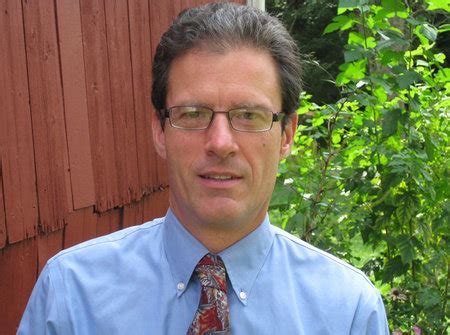A Quote by Mary Robinson
A lot of young people are very cynical about the political framework because they see the countries that preach democracy and human rights being countries largely responsible for the problems in their region.
Related Quotes
It's true that we in Iraq are now paying a heavy price as a consequence of senseless violence, but nonetheless there are many positive things happening generally on the part of people in Arab countries who were living in darkness and absolute silence because of dictatorship. The people in Arab countries are now speaking out and asking many questions about human rights, minorities, religion, democracy, "the other," and so on.
It’s notable that the countries that most pride themselves on their commitment to equality, human rights, and democracy (like the United States and the western European countries) are precisely those that, in the late twentieth century, invented a new status (‘illegal’) in order to deprive some of their residents of access to equality, human rights, and democracy.I am honored to lend my name to PICUM’s campaign to end the use of the term ‘illegal’ and to challenge the whole concept of illegality as a status.
We spoke about economic sanctions only recently in Lima, within the framework of APEC. Almost all the leaders represented at APEC (the Asia Pacific region), Pacific countries, spoke about the same thing, namely, that we are going through a very acute crisis in world trade, international trade, related, among other things, to restrictions on the markets of certain countries.
The major difference for us in America with respect to Hispanic immigration is that it is so large and that it is coming from neighboring countries rather than those countries off the Atlantic or Pacific. That creates different issues and different problems for us as compared to the past. It is still very different, however, from the situation in Europe where we see people with a very different non-European religion coming from neighboring countries.
We’ve learned that it will take more than one generation to bring about change. The fight for civil rights has developed into a broader concern for human rights, and that encompasses a great many people and countries. Those of us who live in a democracy have a responsibility to be the voice for those whose voices are stilled.
I believe we should try to move away from the vocabulary and attitudes which shape the stereotyping of developed and developing country approaches to human rights issues. We are collective custodians of universal human rights standards, and any sense that we fall into camps of "accuser" and "accused" is absolutely corrosive of our joint purposes. The reality is that no group of countries has any grounds for complacency about its own human rights performance and no group of countries does itself justice by automatically slipping into the "victim" mode.
We hear from time to time about horrible human rights atrocities happening around the globe. Our government claims that it stands in favor of human rights, and our leaders are in the news demanding consequences for other countries that are abusing their populations. But there is a huge denial about how widespread and common these kinds of atrocities are in the United States, and that we are not nearly as different from other countries as we would like to believe we are.
Talk loud enough about human rights and it gives the impression of democracy at work, justice at work. There was a time when the United States waged war to topple democracies, because back then democracy was a threat to the Free Market. Countries were nationalising their resources, protecting their markets.... So then, real democracies were being toppled. They were toppled in Iran, they were toppled all across Latin America, Chile.






























